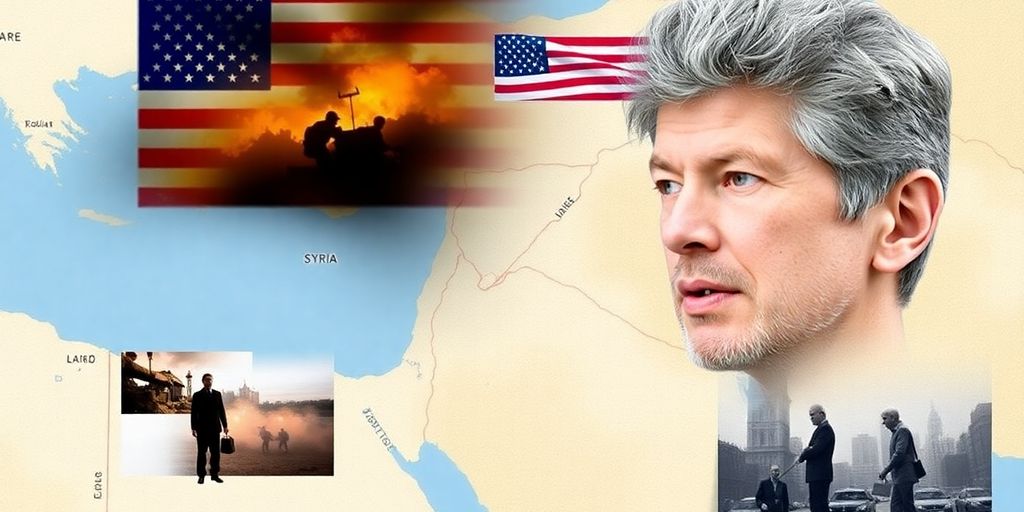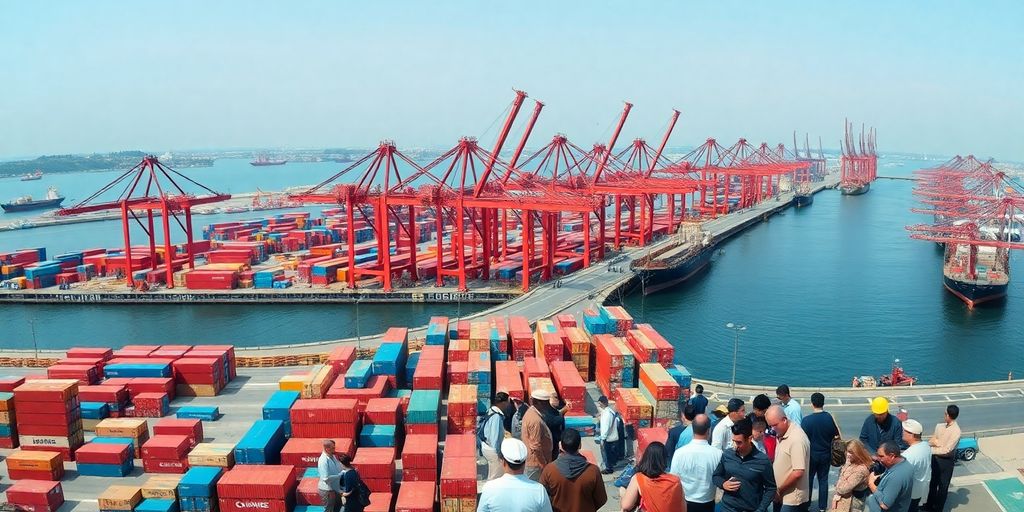Unpacking Jeffrey Sachs’ Insights on the U.S. Role in Syria and the Middle East

In a compelling talk at the Antalya Diplomacy Forum, Professor Jeffrey Sachs sheds light on the complex geopolitical landscape of Syria and the broader Middle East. He argues that the U.S. is not a neutral player but a significant actor in the ongoing conflict, driven by a long-standing agenda that has resulted in immense suffering and instability in the region.
Key Takeaways
- The U.S. holds significant power in Syria through sanctions.
- The Syrian conflict was initiated by a U.S. decision to remove Assad, not by local protests.
- Operation Timber Sycamore was a U.S.-led initiative to arm and train fighters against the Syrian government.
- Israel’s influence and objectives play a crucial role in U.S. foreign policy in the region.
- Genuine peace can only be achieved through local agency, not foreign intervention.
The U.S. Position in Syria
Sachs begins by addressing a common misconception: that the United States is merely sitting on the fence regarding Syria. He argues that this is far from the truth. The U.S. has a powerful tool at its disposal—sanctions—which it has wielded to maintain pressure on the Syrian government. Even when European nations sought to ease these sanctions, the U.S. had the final say, demonstrating its active role in the conflict.
The Origins of the Syrian Conflict
The narrative that the Syrian war began due to the actions of President Bashar al-Assad is misleading, according to Sachs. He traces the roots of the conflict back to a decision made in 2011 by the U.S. government, influenced by Israeli interests, to overthrow Assad. This decision was part of a broader strategy to reshape the Middle East in a way that aligns with Israeli objectives. Sachs emphasizes that the chaos and violence that followed were not merely the result of local dissent but were orchestrated through U.S. operations like Operation Timber Sycamore.
Operation Timber Sycamore
This operation, initiated under President Obama, aimed to train and arm various factions, including jihadists, to destabilize the Syrian government. Sachs points out that this led to a catastrophic outcome: over 600,000 deaths and a prolonged conflict that has lasted for over a decade. He argues that the U.S. has effectively created a power vacuum that has allowed extremist groups to gain a foothold in the region.
The Role of Israel
Sachs also highlights the significant role of Israel in shaping U.S. foreign policy in the Middle East. He asserts that Israel has been a driving force behind many conflicts, seeking to eliminate any government that opposes its interests. The U.S. has provided crucial support—financial, military, and intelligence—to facilitate these objectives. Sachs argues that without U.S. backing, Israel would struggle to maintain its military operations in the region.
The Need for Genuine Diplomacy
One of Sachs’ key points is that real peace in the Middle East cannot be achieved through covert operations or military interventions. Instead, he calls for a diplomatic approach that respects the agency of the people in the region. He believes that peace will only come when local populations are allowed to determine their own futures without external interference.
The Path Forward
Sachs suggests that immediate actions can be taken to alleviate the suffering of the Syrian people. For instance, he mentions the surplus grain in Ukraine that could be shipped to Turkey and then to Syria, providing much-needed food to millions. He argues that such concrete steps are not only feasible but also cost-effective compared to the broader military expenditures in the region.
Conclusion
In closing, Sachs emphasizes the importance of recognizing the historical context of the Middle East’s struggles. He points out that the region has faced a century of humiliation and manipulation by foreign powers. However, he remains hopeful that a new generation will rise to reclaim their agency and shape their destinies. The future of Syria, he believes, lies in the hands of its people, who have the resilience and creativity to rebuild their nation.
This talk by Jeffrey Sachs is a powerful reminder of the complexities of international relations and the urgent need for a shift towards genuine diplomacy and respect for local agency in the Middle East.








Responses